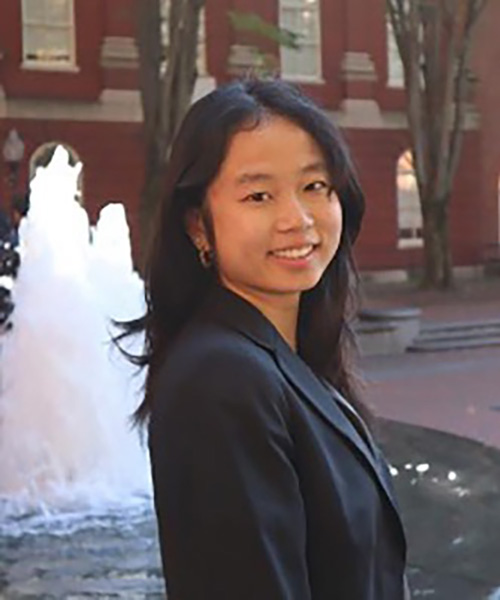
Beyond the Headlines: Bridging Divides through Dialogue
Zifei Zhao | 2025年5月15日
响应: Georgetown Students Reflect on Virtual Exchanges with Tsinghua University
Daniel Castro Bonilla
请注意:中英文网站上发表的教日志均为英文。
The first few months of our U.S.-China Student Dialogue took place online over Zoom, meeting late each Wednesday night for conversations on the most critical issues in the bilateral relationship. None of us had met before, and we found ourselves navigating rigid, sometimes awkward conversations through a screen—a fitting challenge that reflects the reality of international engagement today. Our very first call was a lesson in engaging across cultures and practicing diplomacy.
In that first session, our group of 30 students broke into smaller breakout rooms of six. We were instructed to introduce ourselves and discuss three big questions about the U.S.-China relationship. After going around and sharing our backgrounds, we should have spent time getting to know one another, asking follow-up questions, and building rapport. Instead, someone broke the ice by raising what we would come to learn over the next three months was a hard red line—and a non-starter—for many of our Chinese counterparts: Taiwan.
Now, stuck in a conversation about one of the most polarizing issues in U.S.-China relations, we tried to find a way forward. But the discussion became more rigid and less fluid. Some students grew defensive. Others, confrontational. The tension reflected Taiwan’s emotional and political weight for both sides—but it also revealed something deeper: that diplomacy and cross-cultural dialogue depend, above all, on building a relationship first.
At Georgetown University’s School of Foreign Service, I’ve learned a simple lesson: diplomacy is really just spending time with people—talking, listening, and building trust. It sounds simple, but it takes time and intention. You’re unlikely to get very far by diving straight into a debate over who tells the correct history of Taiwan or interprets international law more accurately. But a conversation about your counterparts’ favorite milk tea flavor might get them to open up to you. Beginning our very first session with cross-Strait tensions did not create the conditions for meaningful dialogue.
To de-escalate, I drew from my experience serving with the U.S. Fulbright Program in Taiwan. I shared how good the street food was, and that led to a more lighthearted conversation about regional accents and pronunciations, and things slowly became less tense. It became clear that one of our main goals during the Zoom portion of the program should be to lay the interpersonal groundwork for productive engagement later when we would visit our peers in Beijing. Accordingly, we dedicated ample time in each of our next Zoom sessions to getting to know each other, nurturing positive relationships so that both sides could show up in Beijing with goodwill and openness.
Daniel Castro Bonilla (G’26) is a first-year graduate student in the Master of Science in Foreign Service program at Georgetown's School of Foreign Service studying global politics and security.

Zifei Zhao | 2025年5月15日
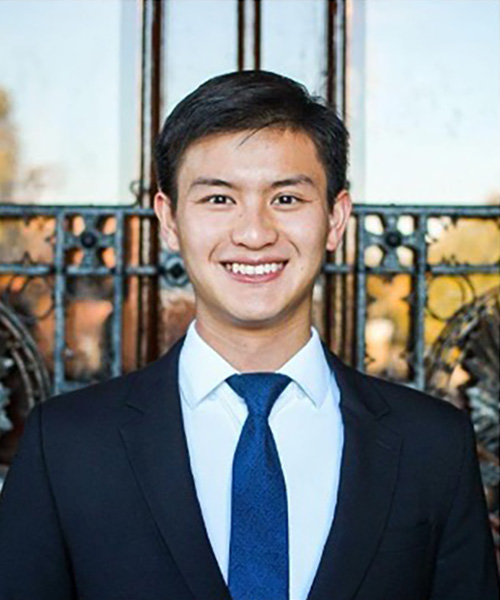
Bennie Chang | 2025年5月15日

Aanika Veedon | 2025年5月15日

Luke Hughes | 2025年5月15日

Emmy Ekstrand | 2025年5月14日
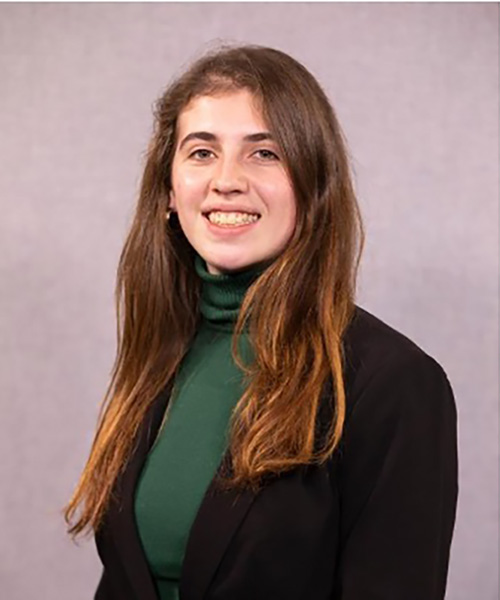
Isabella Stratta | 2025年5月14日

Lam Tran | 2025年5月14日
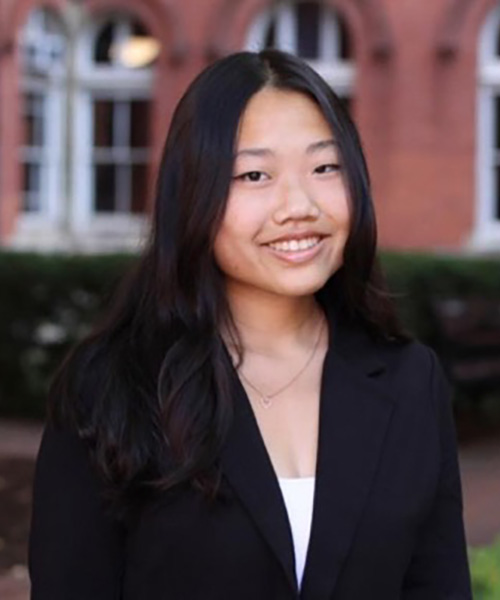
Maggie Yang | 2025年5月14日
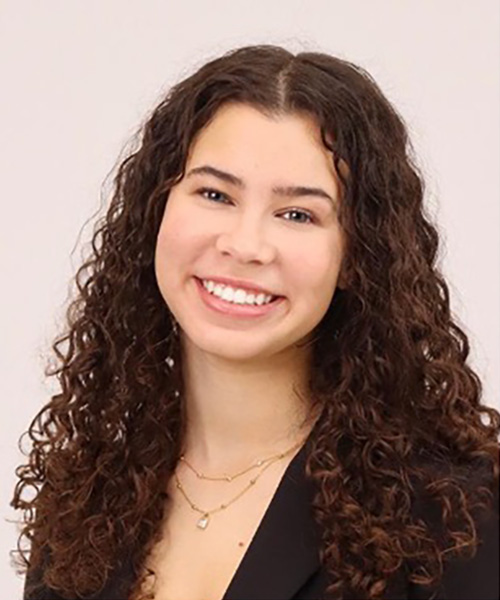
Tiffany Cowan | 2025年5月14日

Drew Zacharias | 2025年5月14日
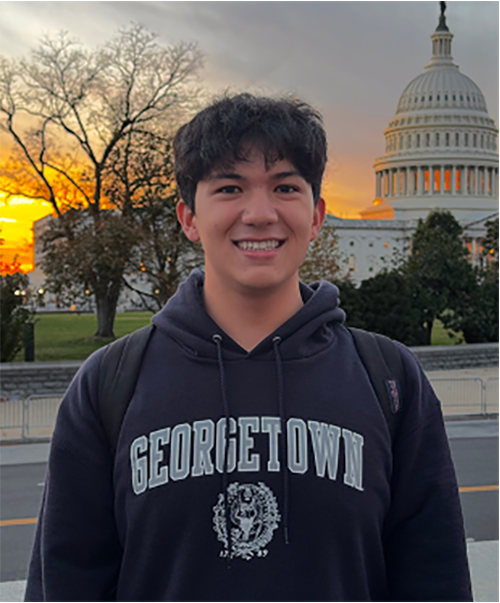
Patrick Coggin | 2025年5月14日
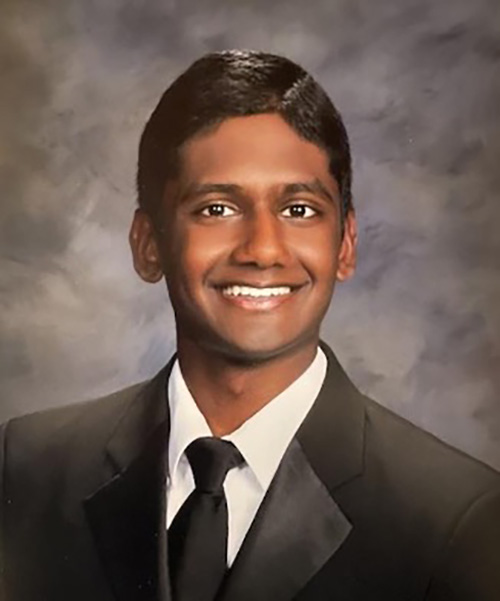
Raghav Akula | 2025年5月14日